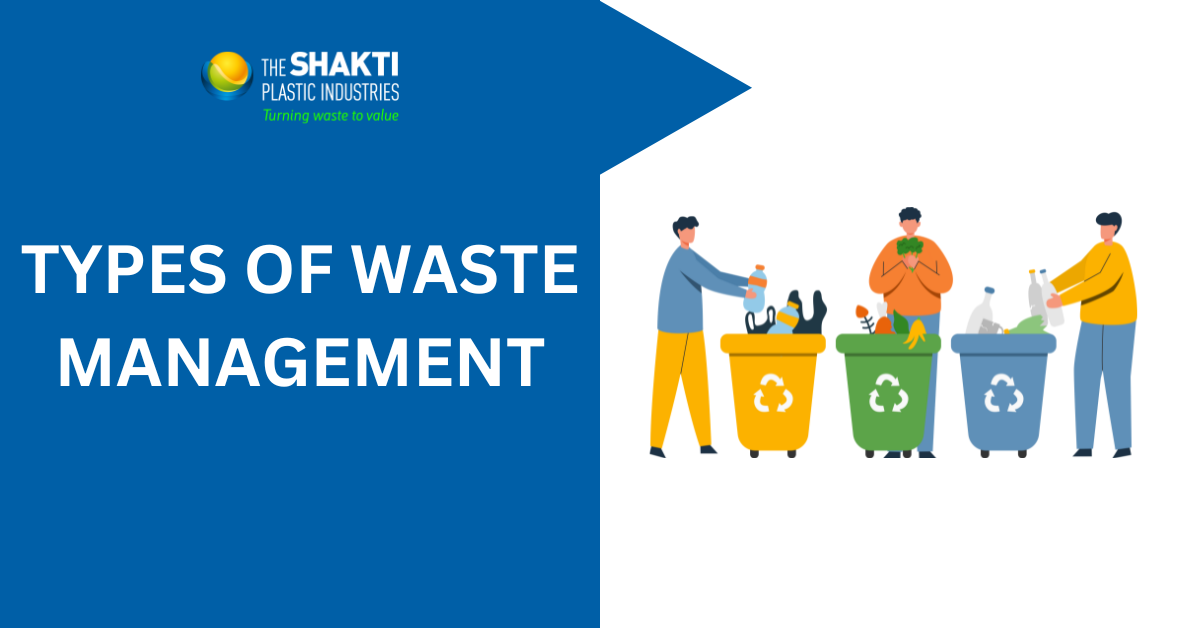What Is Waste Management?
Waste management is the comprehensive handling of waste materials from their inception to their disposal. It encompasses collection, transportation, treatment, and disposal. The goal is to manage waste sustainably while minimizing its impact on human health and the environment.
What Is Solid Waste Management?
Solid waste management refers to the process of collecting, treating, and disposing of solid materials that are no longer usable. This involves a variety of practices like segregation, recycling, and disposal to minimize environmental impact. Effective management ensures proper treatment of waste and reduces harm to the planet.
Waste Management Meaning
The term “waste management” implies the systematic control of waste. This includes reducing waste generation, promoting recycling, and adopting eco-friendly disposal methods. Proper management supports cleaner surroundings and conserves resources.
Disposal Methods
There are several disposal methods used in waste management:
- Landfilling: The most common method where waste is buried in designated areas.
- Incineration: Burning waste at high temperatures to reduce volume and generate energy.
- Recycling: Converting waste materials into reusable products.
- Composting: Organic waste decomposition to produce nutrient-rich compost for agriculture.
Each method has its pros and cons, with the focus shifting toward sustainable practices.
Waste Disposal
Proper waste disposal is a critical component of waste management. It ensures that waste does not harm the environment or public health. Segregation of waste at the source helps streamline the disposal process. Encouraging practices like recycling and using designated disposal bins are simple yet effective ways to manage waste responsibly.
Efficient waste management not only safeguards our planet but also promotes a cleaner, healthier, and more sustainable future.
The Importance of Waste Management
Proper waste management plays a crucial role in preserving the environment and promoting public health. It reduces pollution, conserves natural resources, and prevents the spread of diseases caused by improper waste handling. Adopting sustainable practices also minimizes greenhouse gas emissions, contributing to the fight against climate change.
Challenges in Waste Management
Managing waste effectively comes with its challenges:
- Inadequate Infrastructure: Many areas lack proper waste collection and disposal facilities.
- Lack of Awareness: People often underestimate the importance of waste segregation and recycling.
- High Costs: Implementing advanced waste treatment technologies can be expensive.
- Overpopulation: Increased waste generation strains existing waste management systems.
Addressing these challenges requires government policies, public participation, and technological advancements.
Best Practices for Waste Management
To ensure effective waste management, consider these best practices:
- Reduce, Reuse, Recycle: Follow the 3Rs to minimize waste and conserve resources.
- Waste Segregation: Separate biodegradable and non-biodegradable waste at the source.
- Composting: Turn organic waste into compost for agricultural use.
- Community Participation: Educate communities about the importance of proper waste disposal.
- Innovative Technologies: Leverage modern solutions like waste-to-energy plants and smart bins.
Implementing these strategies can significantly improve waste management outcomes.
The Future of Waste Management
The future of waste management lies in embracing circular economy principles. This approach emphasizes designing products for reuse, recycling, and resource efficiency. Governments and industries are increasingly adopting eco-friendly solutions, such as biodegradable packaging and advanced recycling technologies. Public awareness and participation are key to achieving a zero-waste future.
Effective waste management is a shared responsibility. By adopting sustainable practices, we can create a cleaner, greener world for generations to come.

